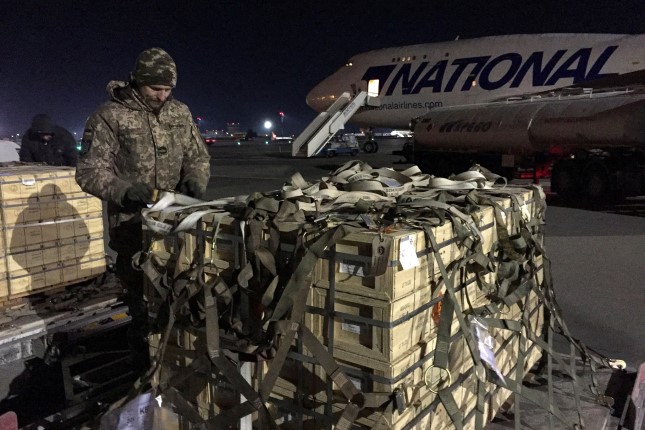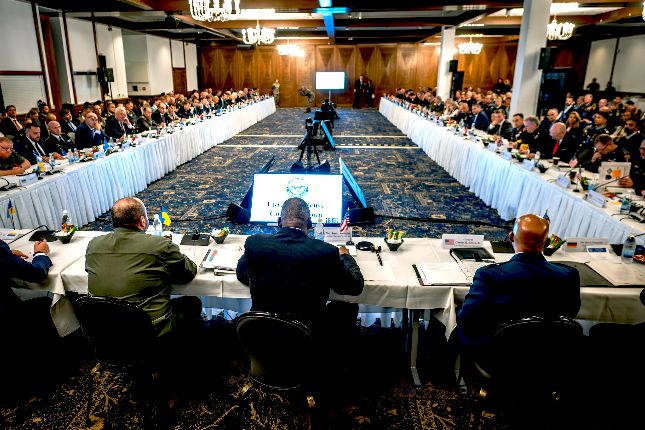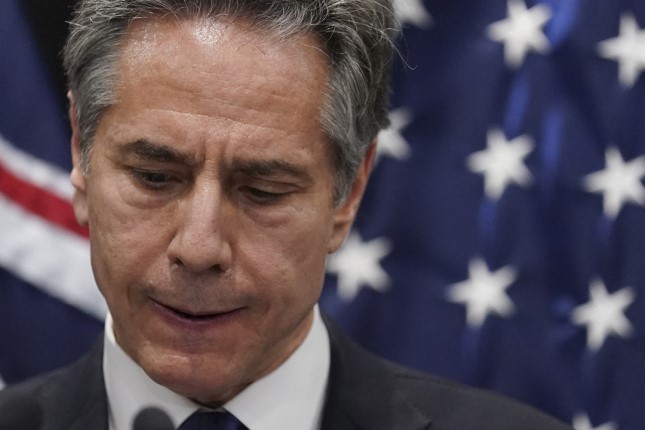The debt ceiling agreement reached between the White House and House Republicans places no constraints on spending on the war in Ukraine, a White House official told Bloomberg.
The $113 billion that has been authorized to spend on the war in Ukraine so far was passed as supplemental emergency funds, which is exempt from the spending caps that are part of the debt ceiling deal.
According to the Congressional Budget Office, funding “designated as an emergency requirement or for overseas contingency operations would not be constrained, and certain other funding would not be subject to the caps.” The deal suspends the nation’s debt limit through January 1, 2025.
Hawks in Congress are looking to use emergency spending to increase the $886 billion military budget that was agreed to as part of the deal. The emergency funds could go beyond Ukraine and might be used to send weapons to Taiwan or for other spending that hawks favor as part of their strategy against China.
“We are almost certainly going to need a supplemental for Ukraine, which is, in my view, one of the most pressing defense challenges we have right now,” said Sen. Richard Blumenthal (D-CT), according to Roll Call. “And the other obligations flow from China and Taiwan on one hand and Russia and Ukraine on the other.”
Other senators said they favor using the emergency funding to raise military spending altogether. The $886 billion budget is what President Biden asked for 2024, but Republican hawks have blasted the request as “inadequate.”
“Clearly our support for Ukraine will be outside the budget, as it has been in the past, but I’d like to see additional support for our own military in emergency supplementals as well,” said Sen. Mitt Romney (R-UT).
The Senate passed the agreement, known as the Fiscal Responsibility Act of 2023, on Thursday night in a vote of 63-36, sending the bill to President Biden’s desk. The legislation was passed through the House on Wednesday in a vote of 314-117.
Source: AntiWar.































